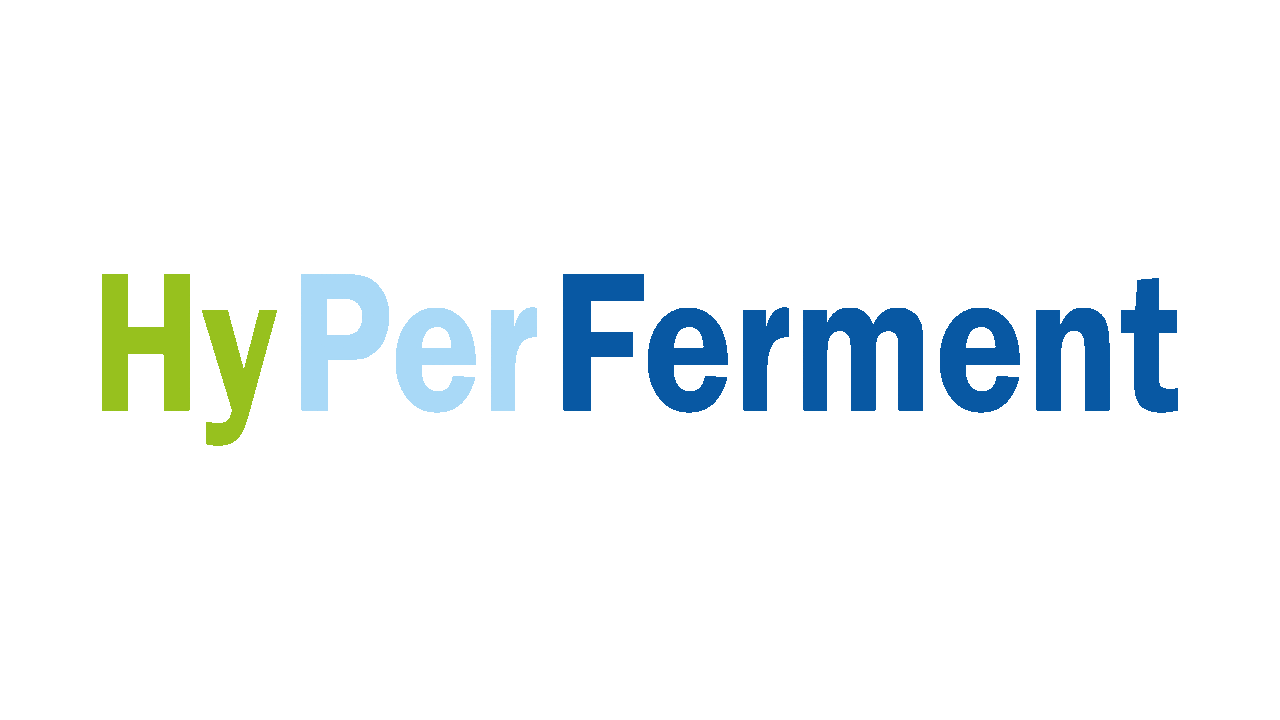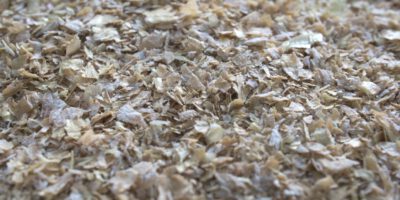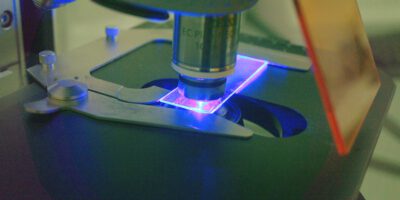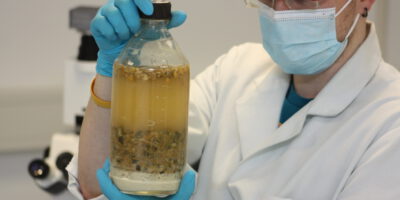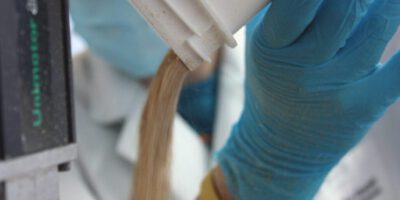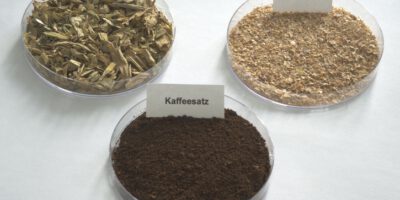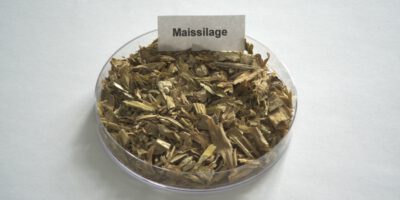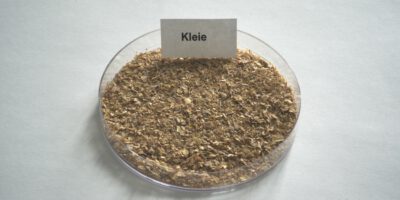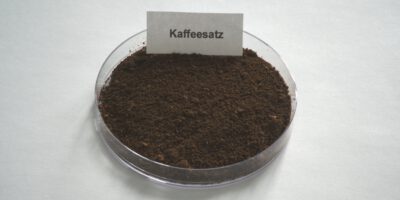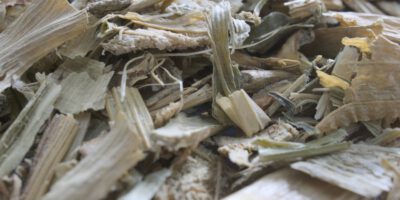Dark fermentation is the most promising bio-hydrogen production technique due to its high productivity and possibility of simultaneous waste treatment through the use of organic substrates. However, the low substrate conversion in bio-hydrogen, resulting in low unstable bio-hydrogen yields, is a major challenge in process commercialization. This necessitates mathematical modeling and simulations aimed at analyzing, optimizing and improving bio-hydrogen production potential.
The modeling framework for methane production by anaerobic digestion was modified to describe bio-hydrogen production by dark fermentation. A process model for batch bioreactors was developed based on the design principles of Anaerobic Digestion Model 1. Continuous bio-hydrogen production was modeled using a pseudo-stoichiometric non-linear approach. The kinetic and stoichiometric coefficients applied for model simulations in Matlab were retrieved from literature.
The batch model is reliable and accurately predicts the product formation and substrate degradation characteristics. However, it entails rigorous simulations and validation for generalization. The continuous model, on the other hand, yields hydrogen evolution and by-products formation in both steady and transient states. The preferential benefit of this model lies in the fact that it incorporates fewer parameters and can also be used for the simultaneous estimation of dynamic inputs.
